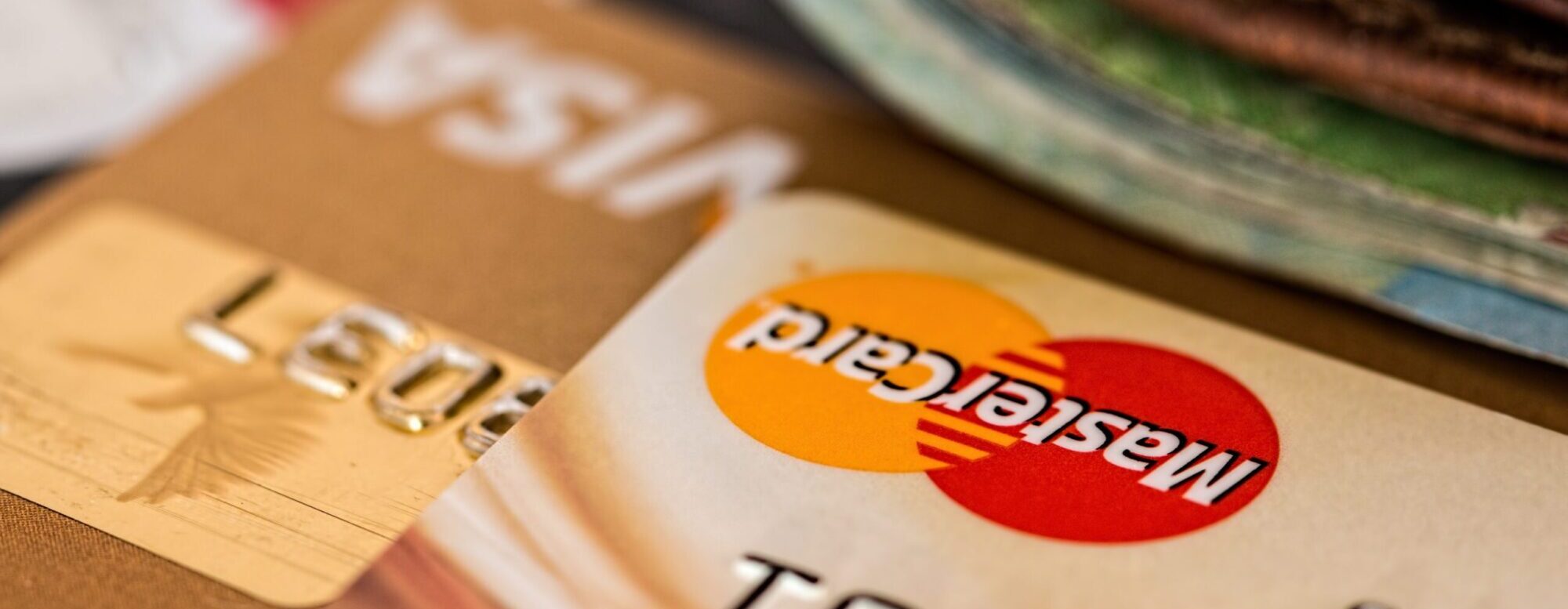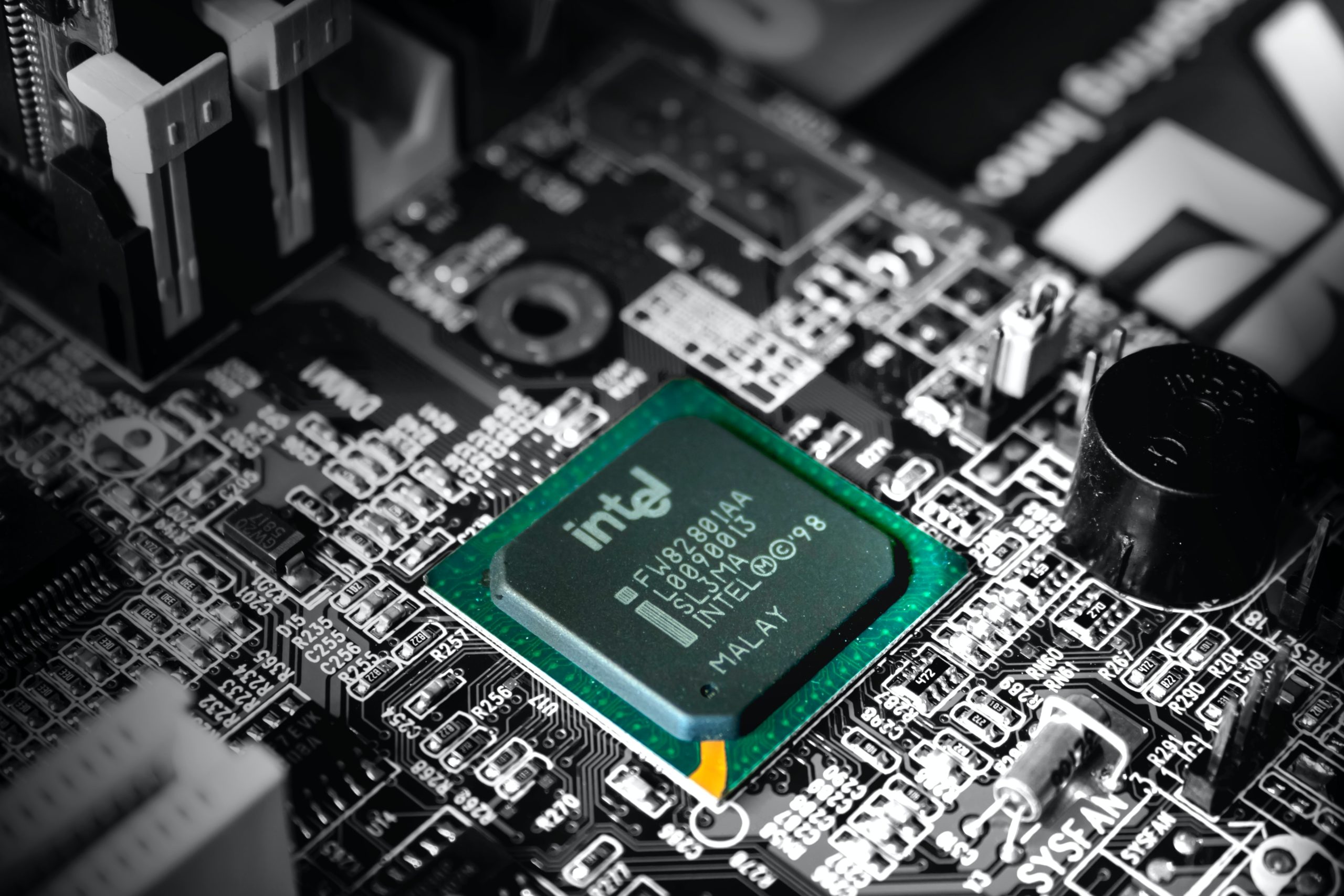What are the main deciding factors for choosing the right gateway for your business?
Cost
Overall transaction processing fees consist of acquiring fees (which include fees for the card schemes and card issuers) and gateway fees. It should be noted that the cost resulting from gateway fees typically account for the smaller part of this cost.
• The gateway fee as % of your cost can simply be calculated by taking the Payment Processor’ flat fee and Average Transaction Value (ATV) over the past 12 months
• Depending on the Debit/Credit card split, how international your business is, and other factors, acquiring fees can be complicated. The base fees are 0.2% for debit cards and 0.3% for credit cards, but the Acquirers fees come on top of this and you will pay substantially more for international payments.
Reliability / Availability
A Payment Processor must recognise that availability of payment processing is of paramount importance for all merchants who operate and sell in the real-time authorisation environment. You should, therefore, choose a payment gateway with world-class availability figures and comprehensive DR. You will be looking for 99.99% uptime or higher.
Independence & Multi-Acquirer Setup
An all-in-one acquiring/gateway agreement can seem quite tempting. However, looking at the choice strategically, having a gateway agreement that is tied to acquiring creates an obvious interdependency, gives no flexibility, and reduces the merchant’s negotiation power.
As an independent gateway, a Payment Processor allows the merchant to connect into several major acquirers in the UK and Ireland (see also above).
This gives the benefit of being able to switch acquirers without having to go through a new integration. Or a merchant could have a multi-acquirer setup; a Payment Processor can provide this with only one single integration.
Service – Account Management
When everything is working fine, you might be tempted to go for the cheapest provider. It is however when something goes wrong that you find out if you are with the right provider. Apart from that, you should look for a gateway provider that keeps you informed on new payments industry developments and is in regular contact to ensure that any developments on your side are matched with capabilities on the side of your provider.
Security & Compliance
The security of data is an obvious requirement when considering any provider who will support your operations. In the electronic payments industry, PCI DSS is the industry standard that all operators must attain compliance.
A Payment Processor must comply with PCI DSS Level 1, the highest level of PCI compliance.
A Compelling Product Offering
To best meet the needs of its merchants, a payment gateway must provide a range of services and features and support for the right channels.
Call centres are expensive to run but if you have one you do need to offer the opportunity for clients to place an order and pay there and then. As there are substantial PCI implications of taking card numbers over the phone, you might consider taking payment via a solution that allows the customer to enter their card in their phone. A Payment Processor has several partners who offer such solutions.
To save cost, many clients are now moving their customer to pay via IVR or online; which is fast and effective. IVR is, of course, more suitable for customers who are paying an invoice rather than shopping and paying, for which online payments are more suitable.
Especially in sectors where payment is made for purchases on a spur, or for payments taken by your mobile staff, payments taken via tablets and mobiles are becoming more and more important.
Finally, it is possible to take the customer out of the payment loop altogether if you would introduce recurring payments. Storage of card details brings you to the highest level of PCI compliance requirements. When using a third party you should however ensure you have agreed that you can get your card back if and when required and at what cost. Furthermore, you should ensure that card details can easily be updated and maintained and that old data is periodically removed. Finally, more and more processors are also offering a scheduler service.
Integration Options
Most payment processors now offer:
- Fully independent solution, where the merchant keeps control over all parts of the process but does accept PCI liability. Your systems communicate to the processor via API’s, which are however different from processor to processor.
- Hosted pages, where the payment processor takes over some of the PCI liability. The merchant does lose full control, but more and more pages are customisable and this also has the advantage that new services are integrated by the processor all the time, which you as a merchant can than easily integrate into. Some merchants prefer to use an iFrame.
In both cases, you should ensure that your and the processor’s pages are fully mobile compatible. For call centres we also increasingly see that they use the same online page as that which is presented to customers on the web.
There are variations on the hosted solution, such as iFrames, which will allow you to keep your URL visible.

